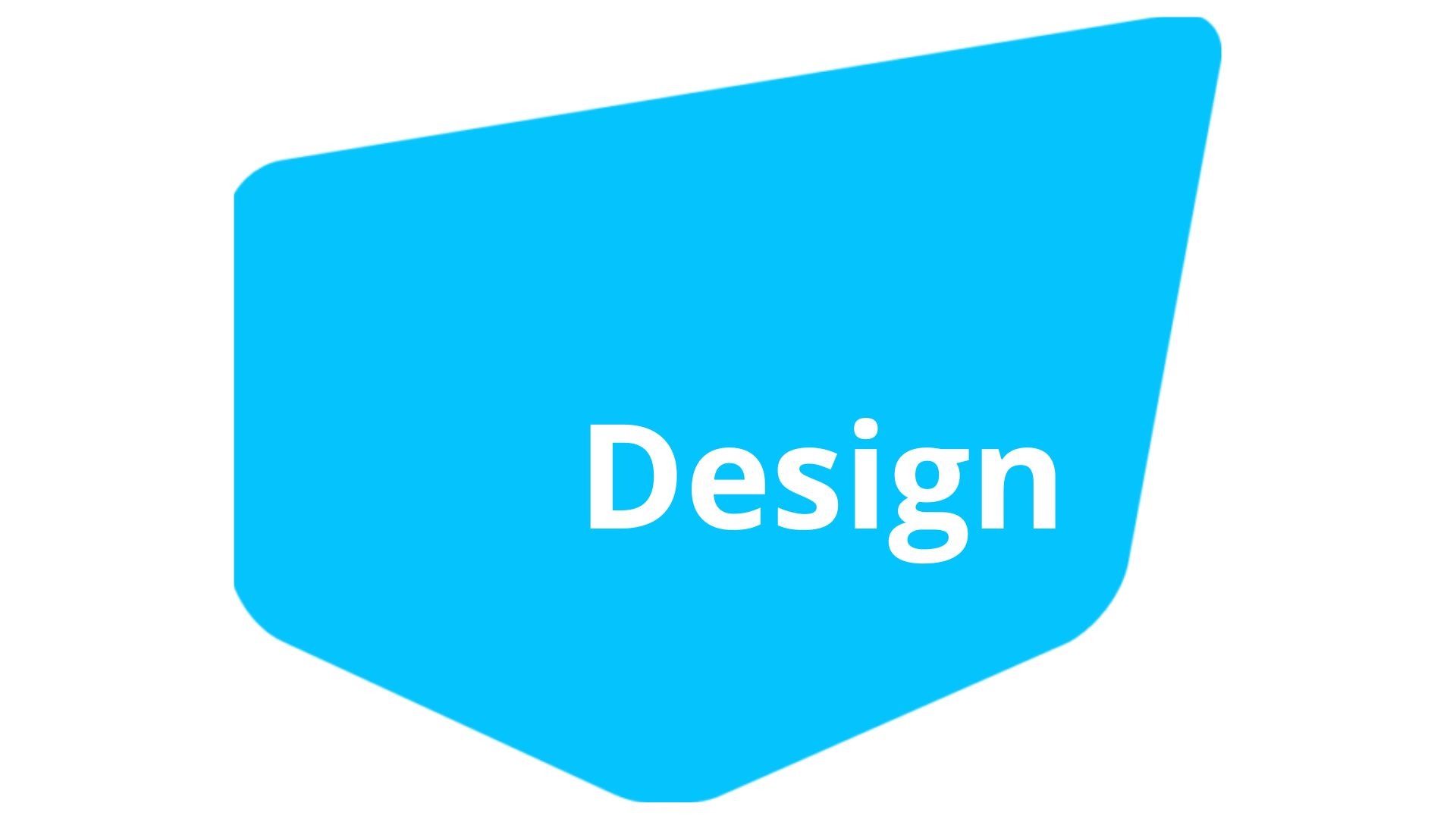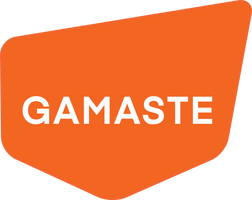
2025/07 - Design - Welcome to the writer's room - level 2 (Susan O'Connor)
Formation créée le 16/01/2024. Dernière mise à jour le 07/05/2025.
Version du programme : 1
Programme de la formation
The Challenge As a game writer, you know that playable narratives are not just about good writing - they’re about integrating the story with the rest of the game, so that it survives the entire development process. At each stage of game development, writers face different hurdles, and most of them catch writers by surprise: Your carefully crafted story breaks when gameplay changes mid-development, and you’re expected to somehow fix it Your character details might not translate well to artists and programmers, which means your ideas “die in the documents” Your narrative decisions often come too late in development to truly matter, sidelining you on the project Your testing plan doesn’t catch story problems, leaving players confused and unhappy with the narrative Without practical tools for each development phase, even talented writers can become frustrated. Your ideas might get diluted, your team might exclude you from key decisions, and your story might feel disconnected from the core player experience. The Solution Join our transformative two-day workshop, which will guide you through the entire development cycle. Learn best practices for every stage so that your work survives production and reaches the players in the end, enabling your studio to deliver great games with great stories. Learn from Susan O'Connor (BioShock, Far Cry, and Tomb Raider) how to make your story matter at EVERY stage of development. You'll practice real-world scenarios, build practical tools, and develop skills to maintain your narrative vision despite production constraints. Most importantly, you'll connect with other narrative professionals who understand your challenges and can share proven solutions. Training Programme In this hands-on 2-day workshop, you'll discover: Pre-production methods - Create story frameworks that evolve alongside design changes Production strategies - Maintain narrative integrity even when gameplay features change Implementation tools - Build systems that help track complex narratives and support development teams Testing techniques - Identify story problems before players do July 7th & 8th in Paris
Objectifs de la formation
- Balance player fantasy with narrative constraints
- Adapt narrative elements to changing production realities
- Establish effective creative collaboration processes for narrative development
- Translate narrative concepts into actionable gameplay objectives
- Maintain narrative coherence through production challenges
- Iterate story elements without breaking player immersion
Profil des bénéficiaires
- Game Writers
- Narrative Designers
- Narrative Directors
- Production Leads who manage writing teams
- Some professional with game writing experience
- Completed our Level One workshop (or have similar experience)
- Master Class in English
Contenu de la formation
-
Day 1: From Concept to Development Plan
-
Setting Up Your Writing Team
- Structure your writer’s room and your team’s unique writing process
- Create communication systems that keep everyone aligned
- Learn how to involve designers and producers - without losing sight of the narrative
-
Co-Creating Your Story With Your Player
- Link what players want to do with what your story needs to say
- Build narratives that enhance gameplay rather than competing with it
- Use the "story stack" method to make your story truly playable
-
Building an Effective Story Bible
- Build documents that evolve as the game changes
- Design character templates that work for writers, artists AND programmers
- Practice adapting your story when production realities shift
-
Making NPCs the Stars
- Use NPCs to carry your story while giving players freedom
- Create memorable characters that work in any gameplay situation
- Practice balancing player choices with narrative vision
-
Day 2: From Pre-Production to Release
-
Story Tools That Work
- Define what you need to track throughout production - and what you don’t
- Develop simple, shareable tracking strategies
- Identify the production tools that will help keep your narrative organized
-
Handling Story Challenges
- Discover strategies for adapting your story when features get cut or changed
- Make thoughtful compromises that preserve what matters most
- Practice solving real-world development problems
-
Working Effectively With Designers
- Transform potential conflicts into productive partnerships
- Discover how to share story ideas using “designer language”
- Build your own Communication Bridge Blueprint that you can use at work right away
-
Testing Your Story Before Release
- Design focused tests that reveal narrative problems
- Fix story issues without major rewrites
- Apply these methods to your current projects
Susan O'Connor has written for over 25 games, including acclaimed titles in the BioShock, Far Cry and Tomb Raider series. Her games have sold more than 30 million copies worldwide. As Founder & CEO of The Narrative Department, she helps game writers master their craft. Susan founded the Game Narrative Summit at GDC and works with leading studios to create games with meaningful stories. She is dedicated to helping creative professionals develop their skills and do their best work.
Qualité et satisfaction
Modalités de certification
- certificat de présence
